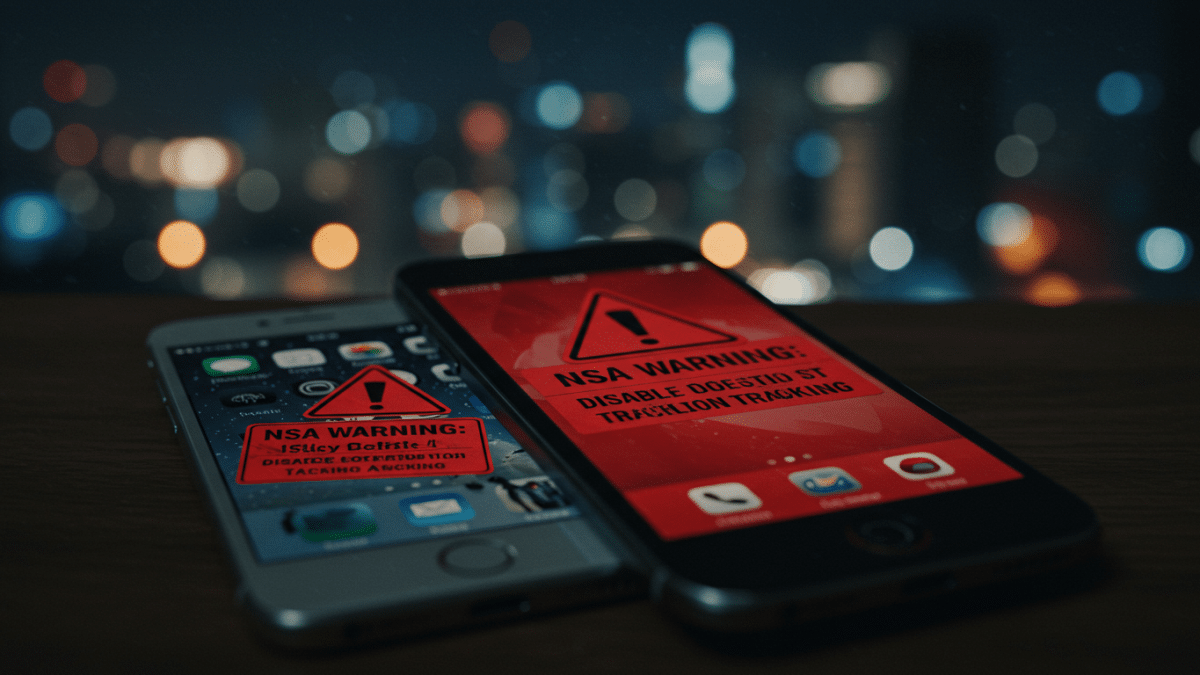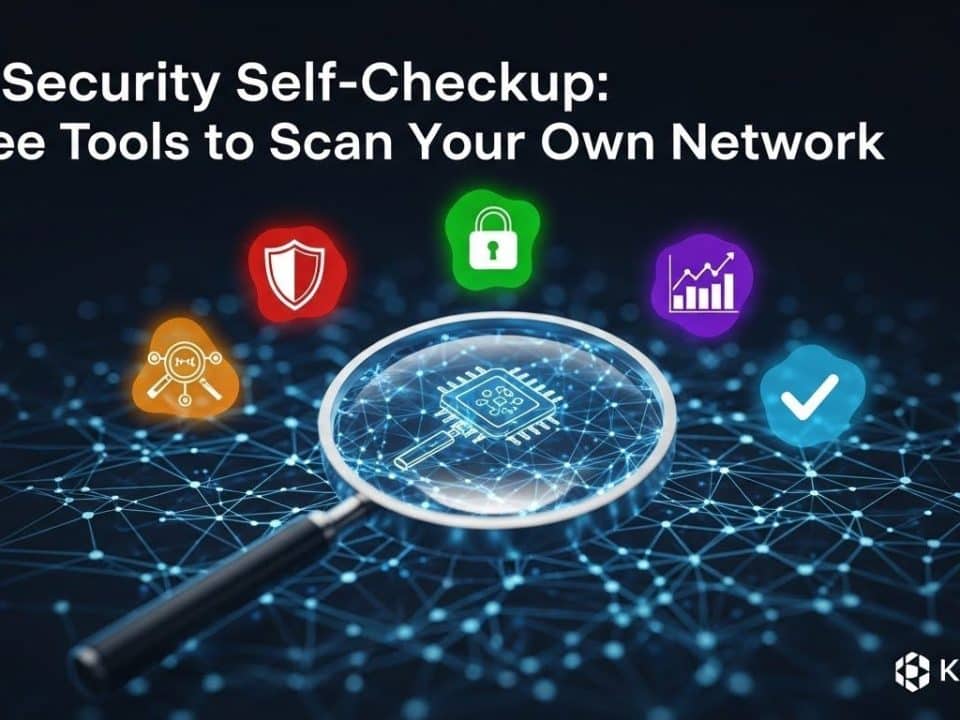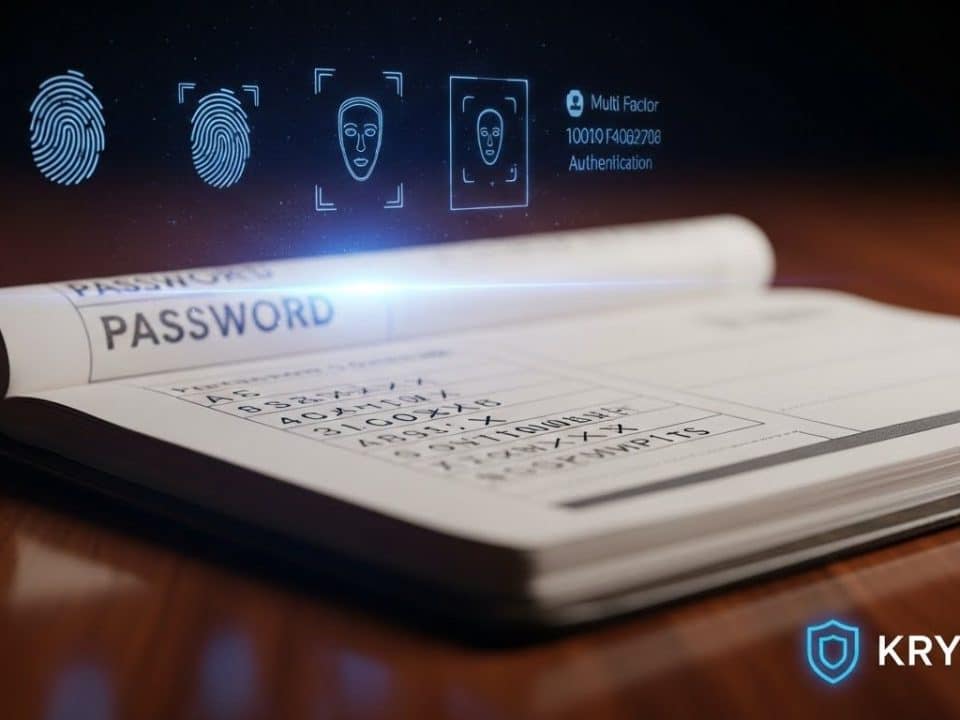
Cybersecurity Compliance: Navigating the Regulatory Landscape and Building a Secure Future
January 15, 2025
Google “Perpetual Hack”: A Critical Threat to Account Security and How To Stay Safe
January 17, 2025The National Security Agency (NSA) recently issued a warning to iPhone and Android users, urging them to disable location tracking on their devices when it’s not needed. This advisory, detailed in the article “NSA Warns iPhone And Android Users—Disable Location Tracking,” highlights the significant privacy and security risks associated with constant location monitoring.
As your trusted cybersecurity partner, Krypto IT is committed to breaking down critical security issues and providing actionable guidance. This blog post will analyze the NSA’s warning, explore the implications of location tracking, and provide practical steps to protect your privacy and security.
Understanding the NSA’s Warning
The NSA’s warning underscores a crucial point: while location services offer convenience and enable useful features on our smartphones, they also create a detailed record of our movements and activities. This data, if accessed by malicious actors or used inappropriately by companies, can pose significant risks to our privacy and even our physical safety.
Key Concerns Highlighted by the NSA:
- Tracking by Malicious Actors: Cybercriminals, stalkers, or other malicious individuals could potentially exploit location data to track a user’s movements, identify their home or workplace, or even plan physical attacks.
- Data Breaches: Companies that collect and store location data are vulnerable to data breaches. If a company’s database is compromised, users’ location history could be exposed.
- Government Surveillance: The NSA warning implicitly acknowledges the potential for government agencies to access and utilize location data, raising concerns about privacy and civil liberties.
- Data Aggregation and Profiling: Location data, even when anonymized, can be combined with other data sources to create detailed profiles of individuals, potentially revealing sensitive information about their habits, preferences, and associations.
Implications for iPhone and Android Users
Both iPhone and Android devices offer location services that are used by a wide range of apps, from maps and weather to ride-sharing and social media. While these services can be helpful, it’s important to understand that they are constantly collecting data about your whereabouts.
The Risks of Constant Location Tracking:
- Privacy Violations: Your movements and routines can be tracked and analyzed without your full knowledge or consent.
- Security Risks: Location data can be used to target you with phishing attacks, scams, or even physical threats.
- Data Exploitation: Your location data can be sold to third parties for advertising, marketing, or other purposes, often without your explicit knowledge or control.
Best Practices for Managing Location Services
The NSA’s advice to disable location tracking when not needed is sound. Here’s a more detailed breakdown of best practices:
1. Review and Limit App Permissions:
- Regularly Audit App Permissions: Go through the list of apps on your phone and review their location permissions.
- Grant Location Access Selectively: Only grant location access to apps that truly need it to function (e.g., maps, navigation).
- Choose “While Using the App” or “Ask Next Time”: Instead of granting “Always” access, choose options that limit location tracking to when you are actively using the app.
2. Disable Location Services When Not Needed:
- Turn Off Location Services Entirely: When you don’t need location services for any app, disable them completely in your device settings.
- Use Airplane Mode Strategically: Airplane mode disables all wireless communication, including location services, providing a quick way to stop tracking.
3. Be Mindful of Location Check-ins:
- Limit Social Media Check-ins: Avoid publicly sharing your location on social media, especially in real-time.
- Review Privacy Settings: Adjust your social media privacy settings to control who can see your location information.
4. Use a VPN:
- Mask Your IP Address: A VPN encrypts your internet traffic and masks your IP address, making it more difficult to track your online activity.
5. Stay Informed:
- Keep Up-to-Date on Privacy Issues: Stay informed about the latest threats and best practices related to location tracking and mobile security.
- Read Privacy Policies: Pay attention to the privacy policies of apps and services that request your location data.
Company Policies and Procedures Regarding Mobile Device Security
Organizations should implement clear policies and procedures to address the risks associated with mobile devices, including location tracking:
- Mobile Device Management (MDM): Implement an MDM solution to manage and secure mobile devices used for work purposes.
- Acceptable Use Policy: Define acceptable use of company-owned and personal devices for work, including guidelines on location services.
- Security Awareness Training: Educate employees about the risks of location tracking and best practices for managing location services on their devices.
- Data Loss Prevention (DLP): Implement DLP solutions to monitor and control the flow of sensitive data on mobile devices.
Password Policy Best Practices
While the NSA warning focuses on location tracking, it’s a good opportunity to reinforce the importance of strong password hygiene. A compromised password can give attackers access to your accounts, including those that might contain location data.
- Password Complexity: Enforce minimum length (12+ characters), a mix of uppercase and lowercase letters, numbers, and symbols.
- Password Expiration: Consider requiring password changes at regular intervals or when a compromise is suspected.
- Account Lockout: Lock accounts after a set number of failed login attempts.
- Multi-Factor Authentication (MFA): Mandate MFA for all users, especially for accounts that can access sensitive data.
- Password Storage: Never store passwords in plain text; use strong, salted hashing algorithms.
- Employee Training: Regularly educate employees on password security best practices.
Krypto IT: Your Partner in Mobile Security and Privacy
The NSA’s warning about location tracking is a timely reminder of the importance of mobile security and privacy.
Krypto IT can help your organization implement the best practices outlined in this blog post. Our services include mobile device security assessments, MDM implementation, security awareness training, and policy development. We can also assist you in developing comprehensive security strategies that address the evolving threat landscape.
Contact us today for a free consultation and let us help you protect your privacy and secure your mobile devices.
Don’t let your location data become a liability. Be proactive. Be informed. Be secure with Krypto IT.
#Cybersecurity #LocationTracking #Privacy #MobileSecurity #NSA #iPhone #Android #InfoSec #CyberDefense #DataSecurity #SecurityAwareness #KryptoIT #CyberThreats #BestPractices #PasswordSecurity # মোবাইলে




